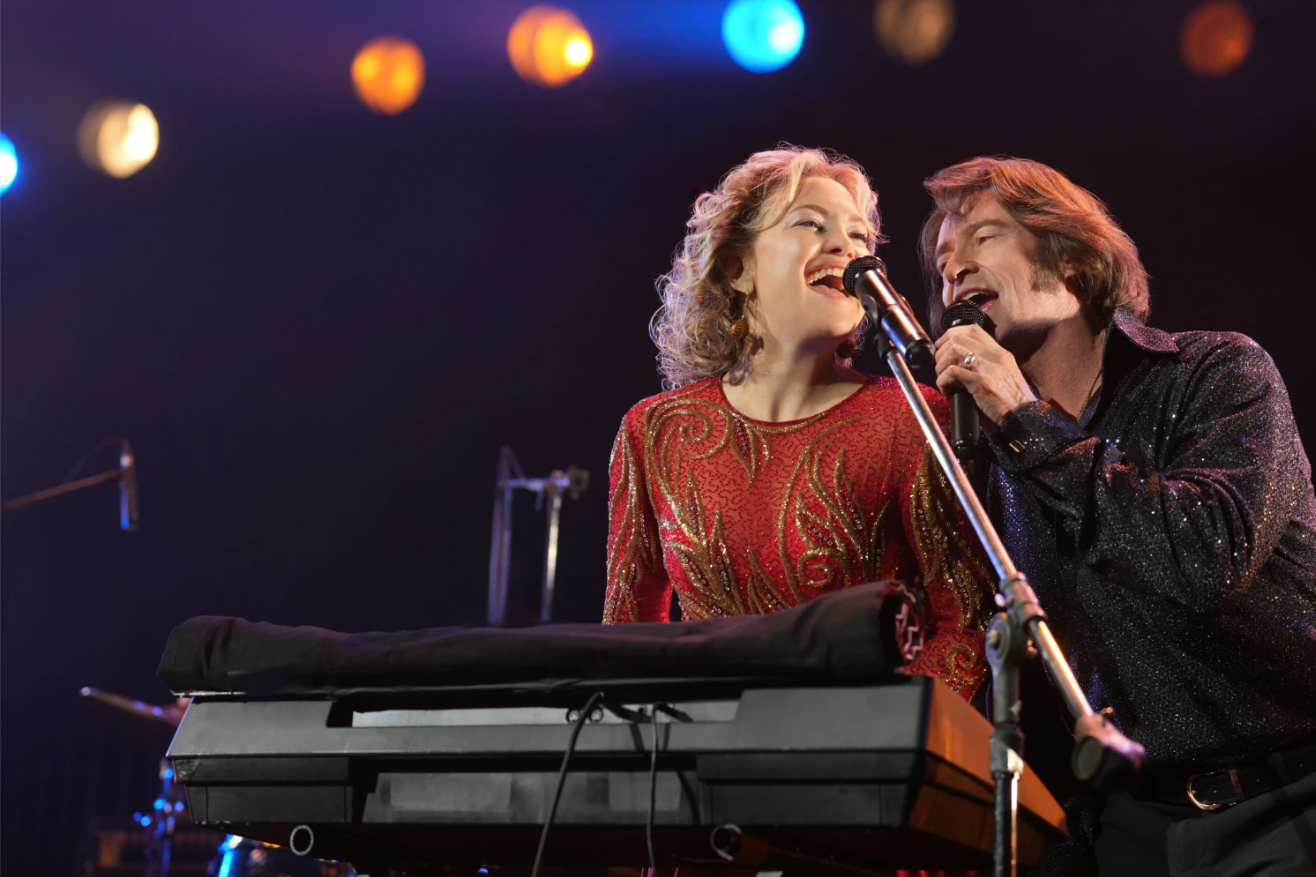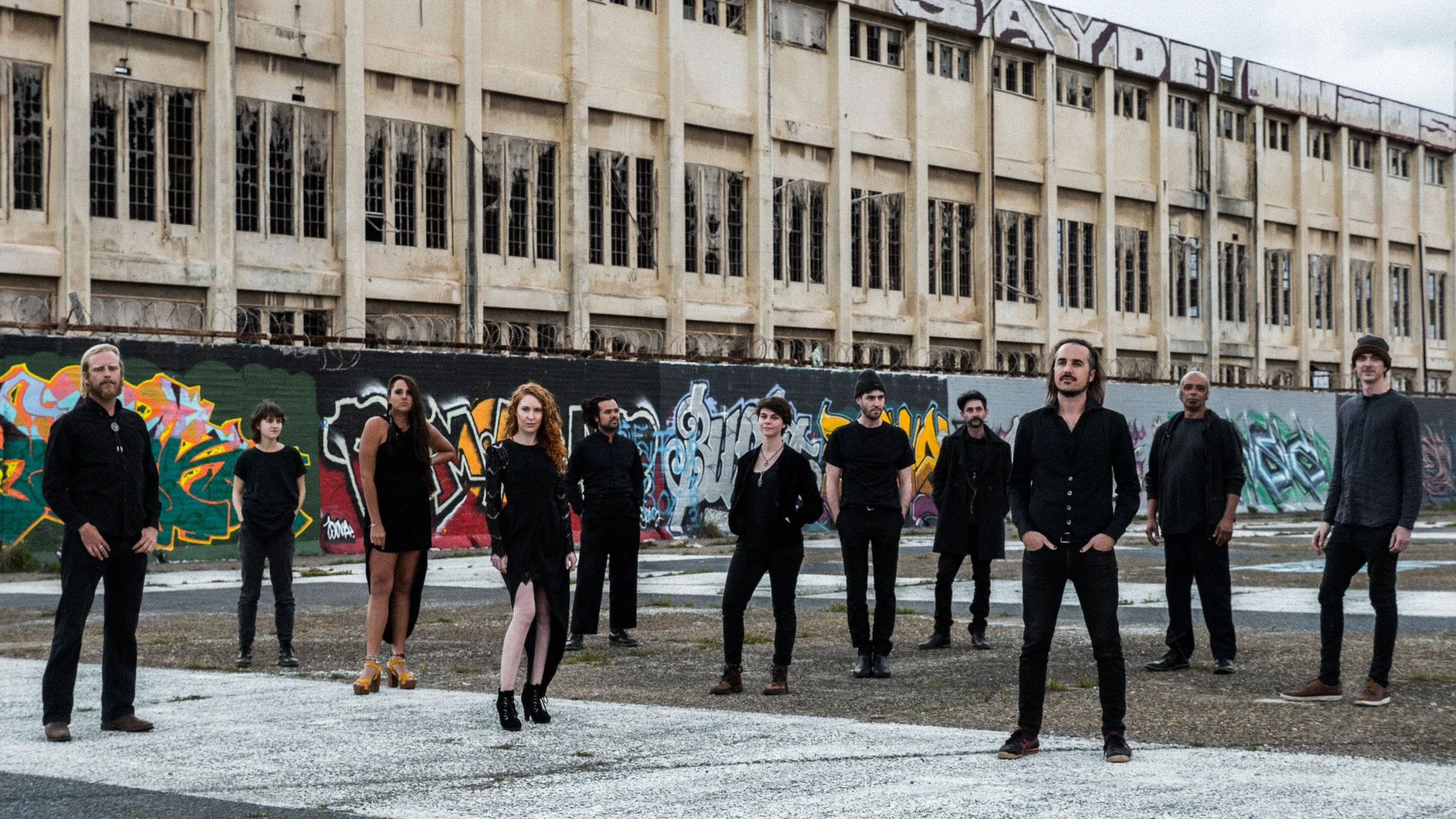POP VULTURE: An Interview with Australian Poet David McCooey
In this Isolated Nation of ours, it’s easy to feel like we’re alone in this little enclave we call home. Especially when it comes to our individual pop culture tastes. I’m sure I speak for everyone when I say we often find ourselves in spiritual ponderings such as:
Is there someone out there who watches the same British tv show about a time-travelling nameless doctor as I do?
Am I the only one who isn’t a fan of a particular tasteless Canadian rock band with a name that rhymes with shnickleshback?
Am I alone in liking the treacherous, human garbage of a character that is Olly from the HBO hit fantasy series Game of Thrones? (yes, yes you are. What is wrong with you? Please consider professional help).
Well, ponder no more, my friends. Isolated Nation is at your service. Every once in a while, we will release our ambiguously domesticated pet, Pop Vulture, and set it free to roam around Perth/Australia to claim its next victim.
Our very first victim is David McCooey, award-winning poet, critic, and musician who is currently professor of writing and literature at Deakin University. His upcoming poetry collection, "Star Struck" will be launched as part of UWA Publishing's new imprint, UWAP Poetry. We had a chat with him about poetry in Perth, music, and movies prior to his appearance at the Sturmfrei Poetry Night on Thursday, July 28.
IN: Hi David! I understand that you are no stranger to Perth, having lived here in your more formative years, and studied at UWA before pursuing your literary career elsewhere. What do you find to be the state of the current “poetry scene” in Perth?
David: Yes, I lived in Perth from the age of 3 to 23. I had a classic 1970’s and 80’s Perth upbringing: holidays down south; vinyl seats in the family car; begging to watch Countdown during Sunday dinner; prowling through Hay St Mall during my brief, ridiculous phase as a mod…
I loved studying at UWA. It has the most beautiful university campus in Australia, without a doubt. And I owe a lot to the people who taught me there. They inspired me to become an academic myself, and it was also thanks to them that I began my literary career in Perth. My first published poem was in an anthology of Western Australian writing, and for a while I had a weekly column reviewing books for the West Australian.
Re: the state of the poetry scene in Perth, I can’t really comment. I do know there are superb poets working in and around Perth, such as Lucy Dougan, Dennis Haskell (who gave me my first break in poetry), Tracy Ryan, and John Kinsella. Westerly is a literary journal going from strength to strength in very difficult times. And there’s the poetry series published by UWA Publishing which I’m thrilled to be part of.
Lucy Dougan recently edited the Western Australian section of Australian Book Review’s ‘States of Poetry’ state-based poetry anthology. Anyone interested in getting a terrific snapshot of what’s going on in this third of the continent should check it out.
IN: Do you feel that there is a general enthusiasm for writing and reading poetry here, and how does that compare to the rest of the country? Is Perth a place that is conducive to poetry?
David: If Westerly and UWA Publishing are examples of Perth’s enthusiasm for poetry, things are going well. No doubt, though, poets in Perth—like anywhere in the Anglosphere—might feel that poetry is something of a minority art, and they might also feel a bit drowned out by their eastern-states peers. Perth and Western Australia are quite different from the rest of the country in some ways, and tapping into that difference makes for very interesting poetry. John Kinsella is an internationally renowned poet, and his milieu is deeply Western Australian!
IN: O Captain, My Captain - "Dead Poets Society" is probably one of the most popular films about the art of poetry, and I have always wondered: What do actual poets like yourself think of the film?
David: I saw that film when it came out in 1989, so my memory of it is pretty hazy. I think—like a lot of mainstream movies that veer into poetic waters—it presents a romanticised view of poetry (not to mention teaching). But it’s a potent myth: that poetry is an anti-authoritarian force, of special import to the young.
IN: Are there any films or tv series about poetry, based on poets or their poems that you would highly recommend to people, and why?
David: It’s funny that you should ask, because I’m currently writing a book about the way poetry, and the figure of the poet, is used in ‘extra-poetic contexts’ (in novels, movies, politics, and the media). There are a surprising number of instances of poetry and poets in popular culture. Jane Campion’s film about John Keats, Bright Star, is really interesting and required viewing for fans of Ben Wishaw. There are films about the Beats (Howl and Kill Your Darlings), Dylan Thomas (The Edge of Love and Set Fire to the Stars), and the American poet Elizabeth Bishop (Reaching for the Moon), which are all interesting in the way they represent the poet in modern culture. It’s amazing how, despite being a minority art, poetry is kind of everywhere, if you look: The Simpsons, ANZAC Day memorials; weddings; Guantanamo Bay…
IN: In your upcoming collection, "Star Struck", there is a whole section dedicated to popular music, with references to iconic music figures like Bob Dylan, Mick Jagger, and Jim Morrison (in fact, one of my favourites in this collection is titled “Before and After Science (Brian Eno in Hospital)”. It seems like you have a tendency to combine music and poetry in your works. Can you talk about your affinity for the marriage of the two in your work, why it works, and where that interest comes from?
David: I’m really glad you liked that poem. That section of the book brings together popular music and the ancient poetic mode of the pastoral (the idealised representation of country life). I had fun doing that. And I also used those poems to tell stories. There are a couple of poems featuring some young people in Perth in the 1980s who are obsessed with the 1960s (including that decade’s drug taking). But, as you suggest, the music poems are also quite varied. For instance, there’s a bitter, surreal rewriting of Men at Work’s ‘Down Under’, which is really a satire of the current, benighted state of Australian politics. And there is one in which Joni Mitchell reminisces on her time in LA’s Laurel Canyon.
One of the reasons I did a whole sequence of these poems was I wanted something a bit lighter to balance the opening sequence about suffering from a life-threatening illness and spending time in hospital. The funny thing is, though, it’s quite possible that the most autobiographical-looking poems aren’t all that autobiographical, and the least autobiographical looking ones (the pastorals) are in fact deeply personal. I suppose that’s because music has been central to my life for as long as I can remember. When I was nine years old my mother took me to see Jesus Christ Superstar at the Perth Entertainment Centre (starring Jon English and Marcia Hines), and later that year I bought, thanks to my brother, Revolver by the Beatles—both life-changing events. Also, I am a musician myself, so it seemed inevitable at some point to do something like this.
IN: What is your favourite song or record right now?
David: That’s a difficult question! I used to smuggle LPs into my bedroom; now I have millions of tracks on Spotify. I tend to listen to albums I’ve listened to for decades (by Brian Eno, David Bowie, Kate Bush, and so on), but one of the new releases I’m listening to this week happens to have a poetry connection. It’s With Love and Fury, by Katie Noonan and the Brodsky Quartet. It’s an album of settings of poems by Judith Wright by various Australian composers. Andrew Ford’s setting of ‘After the Visitors’ is absolutely stunning.
IN: One of your previous works, “Outside Broadcast”, blends together your writing and music and soundscapes to create an almost cinematic quality to your poetry- kind of like a soundtrack to your words. Which artist would you want to compose the soundtrack of your life?
David: Yes, Outside Broadcast was all about trying to write a soundtrack to my poems, and also trying to do something with my music. I’m not (I probably shouldn’t admit this) a great fan of poetry readings, or straight recordings of poems. So I decided to try something different: poetry, original music, and sound design. Brian Eno beat me to it with his Drums Between the Bells, but he didn't write the poems. I’m currently doing something similar with Paul Hetherington (another Perth expat and UWA Publishing stable mate). I am really enjoying working with other peoples’ words and voices.
My dream is to score a film, but when it comes to a real composer scoring my life then one of Brian Eno’s ambient albums would probably be appropriate. Perhaps with a few interjections from Bernard Herrmann.
IN: Do you have any advice for all the budding poets or writers in Perth?
David: I suppose the usual: read lots, keep up with what other people are doing, go to readings and book launches. Reading poetry—and about poetry—is absolutely essential, but anything that gets you going should be mined: movies; ornithology; music; medieval history; whatever. I suppose, too, one should have a healthy dose of self-belief tempered by a deep sense of humility (or something to stop you from being a dick about yourself). Looking back, I’m amazed at how long I wrote crap poems. And in that case, unless you are a fast developer, don’t be in a hurry to get published. There’s plenty of poetry in the world.
David will be making an appearance this coming Thursday at the Sturmfrei Poetry Night, hosted by UWA Publishing as part of as part of the WINTERarts Festival 2016.
















